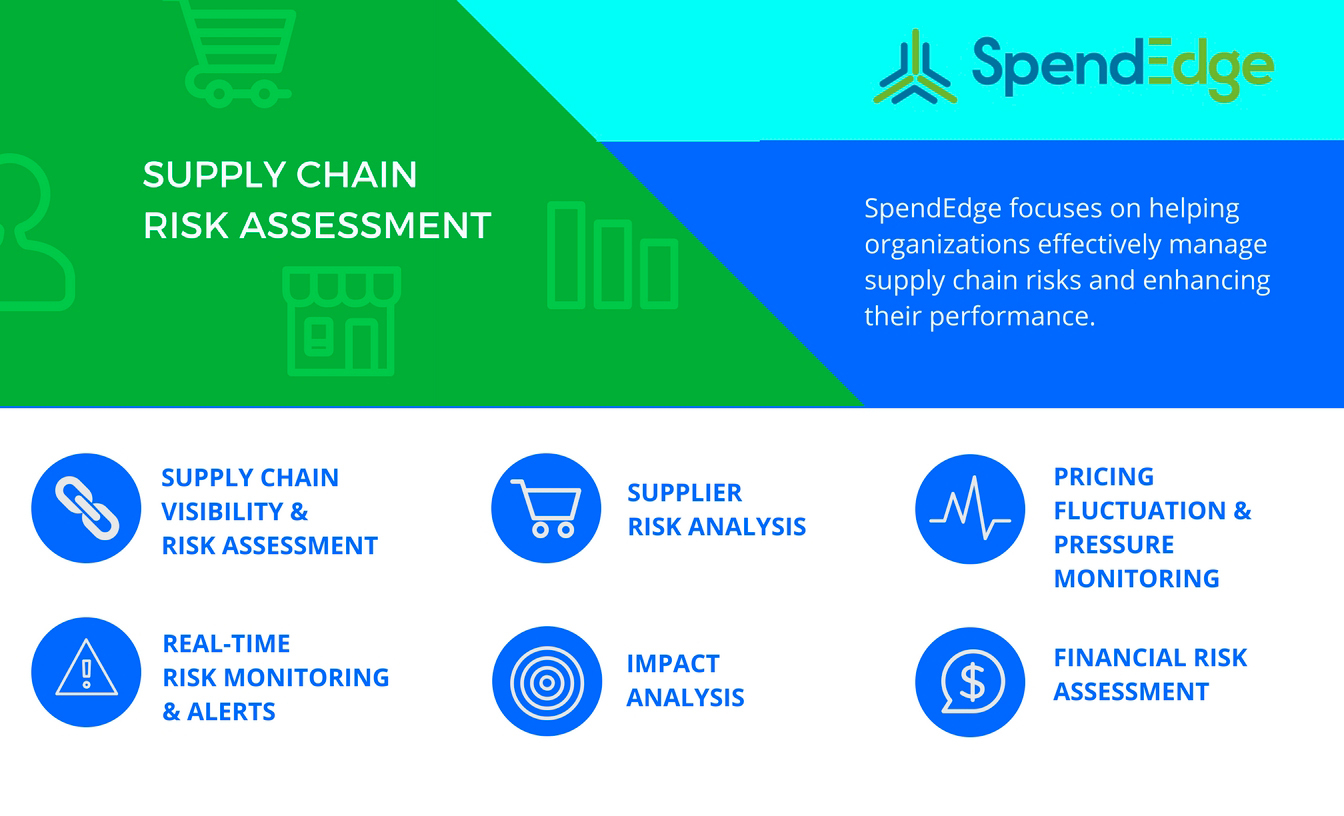
There are several important skills required by crisis managers. It is possible to recognize a crisis and intervene before it becomes critical. Sometimes the effects of slow-moving crises are not obvious until later. Leadership styles that are effective practice early recognition. They study world events that may affect their organization, keep abreast of changing customer attitudes, and work with crisis managers to resolve the crisis as quickly as possible. A competent crisis manager can help companies deal with a crisis, and keep normal operations going.
Priorities of crisis managers
Managers of crises should have clear priorities and clearly defined goals. The team should consist of calm people who can take quick and clear decisions. A team must also be made up of detail-oriented, process-oriented people. It is important to establish a clear chain. To ensure that each member of the team can perform its assigned tasks, they must also be properly trained. In the event of a crisis, it is important to restructure the team according to the specific needs of the crisis.

Characteristics of crisis management specialists
The right combination of experience and skill is essential to succeed as a crisis management specialist. Professionals in this field should have a lot of experience and be highly skilled. They also need to be competent at communicating and gathering input. Additionally, they should be able to actively listen. This person must be able handle stress and chaos while remaining calm and focused. Additionally, they must be able interact with people in different departments.
Techniques that crisis managers use
For crisis managers to effectively manage critical incidents, there are many techniques. Management of crisis is a skill that requires preparation and planning. The techniques employed by top crisis managers are based on the concept of resilience, which is the ability to bounce back quickly from a difficult situation and the degree of vulnerability to a hazardous event. Top managers have exceptional memory and can quickly make decisions. This helps them respond faster and more accurately. Additionally, top managers embrace vulnerability. This allows them to prepare for crisis before it happens.
Effect of crisis on organization
The Impact of Crisis Upon an Organization examines the damage that a business can suffer during a crisis, and how to avoid or mitigate it. This book explores the factors that can affect an organization's value and the effects that a crisis could have on its reputation and viability. All commercial organizations work in challenging environments today. Trust is low and high expectations are placed on good governance. Communication between companies is difficult between stakeholders and companies. The traditional target audience is fragmented into smaller social communities. Issues can be quickly resolved.

Managers of crisis require certain skills
Communication is an important skill for any crisis manager. These skills are crucial for any type of crisis management, regardless of how small or large. To resolve the crisis as quickly as possible, they will need to communicate clearly and effectively. These skills also require the manager to remain calm, make decisions quickly, and delegate tasks. These skills can be combined to make crisis managers more likely to achieve positive outcomes.
FAQ
What is TQM?
The industrial revolution saw the realization that prices alone were not sufficient to sustain manufacturing companies. This led to the birth of quality. They needed to improve the quality and efficiency of their products if they were to be competitive.
Management responded to the need to improve, and developed Total Quality Management (TQM). This focused on improving every aspect of an organization’s performance. It involved continuous improvement, employee participation, and customer satisfaction.
What is the difference between project and program?
A project is temporary; a program is permanent.
A project has usually a specified goal and a time limit.
It is often carried out by a team of people who report back to someone else.
A program typically has a set goal and objective.
It is usually implemented by a single person.
What role does a manager have in a company's success?
Different industries have different roles for managers.
The manager oversees the day-to-day activities of a company.
He/she ensures the company meets its financial commitments and produces goods/services that customers demand.
He/she ensures that employees follow the rules and regulations and adhere to quality standards.
He/she plans and oversees marketing campaigns.
Statistics
- Hire the top business lawyers and save up to 60% on legal fees (upcounsel.com)
- This field is expected to grow about 7% by 2028, a bit faster than the national average for job growth. (wgu.edu)
- The BLS says that financial services jobs like banking are expected to grow 4% by 2030, about as fast as the national average. (wgu.edu)
- 100% of the courses are offered online, and no campus visits are required — a big time-saver for you. (online.uc.edu)
- Our program is 100% engineered for your success. (online.uc.edu)
External Links
How To
How can I obtain my Six Sigma license
Six Sigma can be used to improve quality and efficiency. Six Sigma is a method that helps companies get consistent results from their operations. The name derives its meaning from the "sigmas" Greek word, which is composed of two letters that mean six. Motorola invented this process in 1986. Motorola realized that standardizing manufacturing processes was necessary to make products more efficient and less expensive. The many people involved in manufacturing had caused problems with consistency. To overcome this problem they turned to statistical tools such control charts and Pareto analyses. Then they would apply the techniques to all parts of the operation. This technique would enable them to make improvements in areas that needed it. When you are trying to obtain your Six Sigma certification, there are three steps. Finding out if the certification is available for you is the first step. Before you can take any tests, you will need to take some classes. After passing the classes, you will be able to take the tests. You'll need to go back and review all the information you received in class. After that, you can take the test. If you pass, then you will become certified. And finally, you'll be able to add your certifications to your resume.